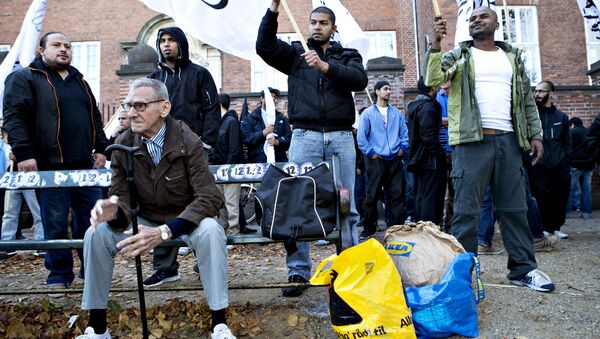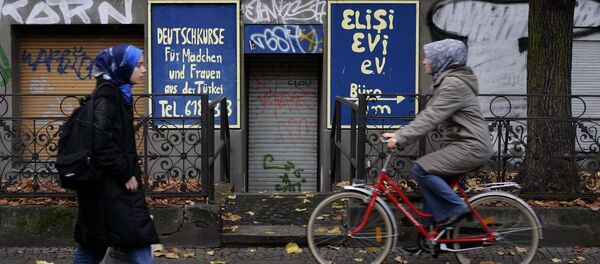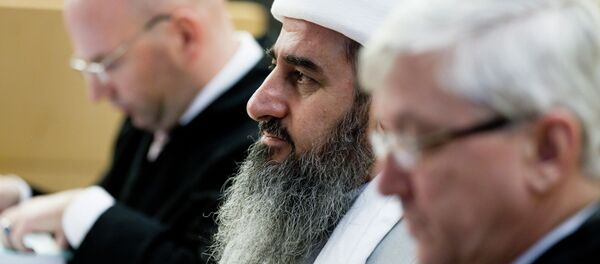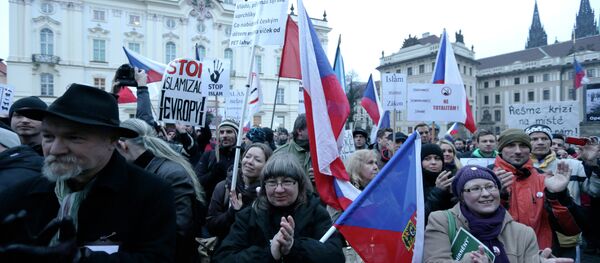On Tuesday, Denmark announced the allocation of some $9 million for a three-year program to counter the radicalization of Muslims, primarily targeting those who return from Syria and Iraq after fighting alongside jihadist groups there, as well as young people who may have plans to join them.
"The Islamic Society in Denmark considers the plans as being rushed through with no proper aim other than to stigmatize the Muslim minority… The Danish government turns a blind eye to right wing extremism which is booming at the moment and has done so for a few years now," Imran Shah, spokesman of the Islamic Society in Denmark, told Sputnik.
The nationalist Danish People's Party has been gaining significant ground recently. In May, it won the elections to the European Parliament in Denmark and secured four seats. Moreover, in November opinion polls showed that for the first time in history public support for the far-right party was higher than for any other political forces in the country.
The Danish People's Party calls for a "closed-door" immigration policy and a strict approach to Danish Muslims who sympathize with extremism.
"The Danish government might present itself as being action-oriented, but reality is that funds could be used better in protecting the Muslim minorities from the increased attacks from extreme right-wingers against Muslim women and children, who were born in Denmark and considers themselves Danish," Shah said, adding that "this is a serious problem in the democracy of Denmark."
Shah also emphasized that Muslim communities in Denmark are always open for dialogue and willing to cooperate with the government without any financial incentives.
"They [the Danish government] presented the plans as if Muslim communities were receiving funds for being committed to dialogue, which in fact is an insult… The Islamic Society in Denmark has never received money and will never do so to commit to dialogue because it is part of our faith to initiate dialogue," Shah stated.
The problem of Islamic extremism has become particularly acute in Europe following the terror attacks in Paris and its outskirts in early January by radicalized Muslims that claimed lives of 17 people.





